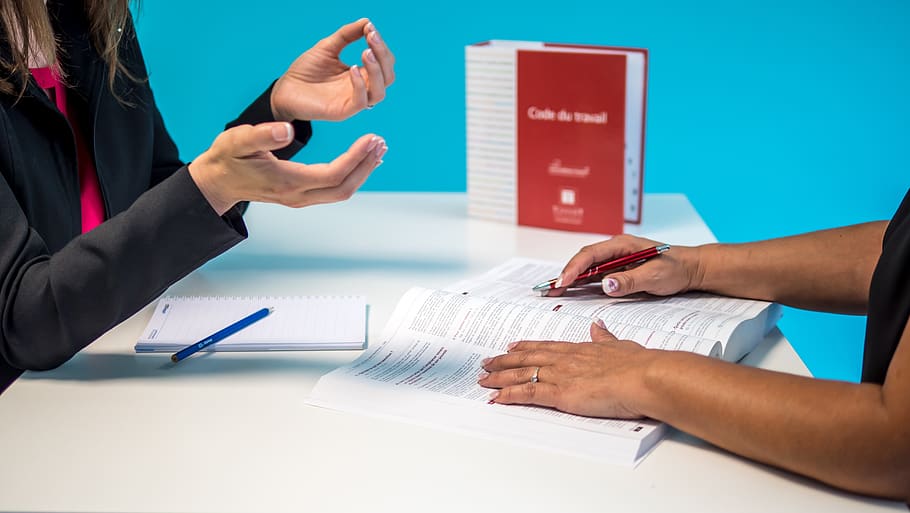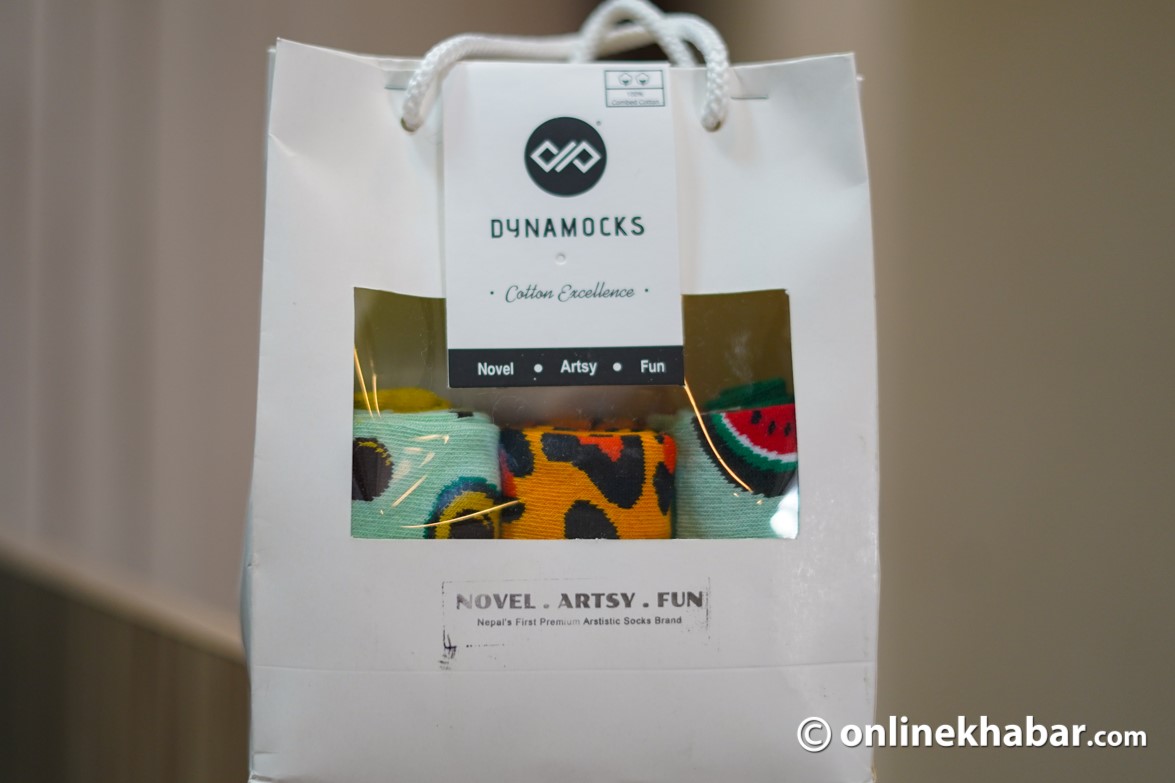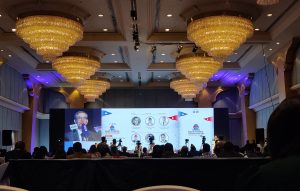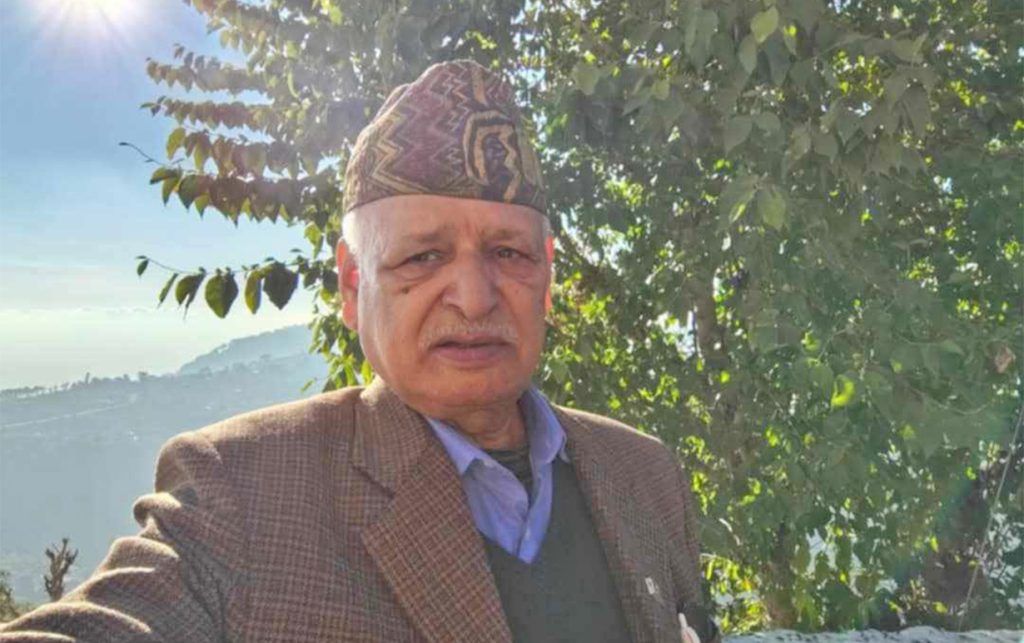For many Nepali people, going through any kind of legal work and documentation can be tiresome and complicated. Visiting law firms, finding specialised lawyers, explaining the queries, getting answers, and paying them requires so much time, effort and money.
In order to fix this struggle and digitise the legal profession, the trio of Santosh Giri, Sanjaya Singh, and Aalok Subedi came up with a company named SiliconHire and launched MeroAdda with an aim to foster access to law, justice and overall government affairs in Nepal through the use of technology.
With such companies almost rare in Nepal, MeroAdda has already made its place in the country’s startup scene as a pioneer in providing legal and administrative advice services.
What it is
Subedi explains MeroAdda is a product of the company SiliconHire Pvt Ltd. This Nepal-based online platform launched by the SiliconHire Company allows the advocates to sign up on this platform and other people (service recipients) to ask legal questions anonymously and free of cost. They can also search the lawyers as per the areas of expertise or the districts and seek answers.
“Also, the lawyers can create a profile for free and this platform also increases the chances of lawyers getting additional cases and businesses,” adds Subedi.

Besides, it also provides professional services that include company registration, company closure, rental agreement, design/patent/ trademark registration, company renewal, and many more for small and medium enterprises (SMEs) and startups. This is the main source of revenue for MeroAdda. Plus, this company also earns from legal process outsourcing.
“As a self-sustaining business, we have invested around Rs 15 million till date from the income itself”, shares Subedi.
Loopholes-triggered idea
Aalok Subedi met Santosh Giri, another co-founder of the company, in the USA in 2011 through a mutual friend. Giri was already in the legal field when they met. The duo was later joined by Sanjaya Singh, who has years of experience in the technology domain, in 2014/15.
Subedi narrates, “At that time, in the US, we used to find many loopholes while doing legal work as most of the work was done manually making the procedure tedious. Due to that, many businesses used to postpone legal compliance and end up paying a fine later.”
They saw an opportunity in this problem. They thought of working on legal technology and thus, began their research. They found out that there are only a few companies that are working in this sector worldwide.
Consequently, they started with launching a compliance tool in the US itself in 2012. Immediately, they filed for patent rights and trademarks, which they successfully got.

“This motivated us very much. This made our belief that this field has a wider scope and also that legal work done manually can be automated, to make it stronger. In parallel, we also designed legal tech products/ platforms for providing legal and HR services.”
After a few years, they thought of expanding this to Nepal, finding that there was no availability of such kinds of services in the motherland. Consequently, Subedi returned to Nepal in 2017 and began working on designing such a legal tech platform that the public could conveniently use. Side by side, they also continuously learned about Nepali laws, provisions, practices and legal works. They visited law firms, met many lawyers, and talked with many people.
“Then, we officially launched Meroadda.com on September 20, 2019,” Subedi informs.
According to Subedi, they named this venture ‘MeroAdda’ as many Nepali uses the term ‘adda’ for any government office. At the same time, most people find doing legal work very tedious and complex. So, in order to add the feeling of closeness, the word ‘mero’ is added.
Low technology literacy as a barrier
Subedi opens up, “As a fresh concept in the country, it was very challenging to make the people, as well as the lawyers, understand the idea of our platform in the initial days.”
Although internet penetration is high in Nepal, technology literacy is very low. In the beginning, no queries came to them. After some time, people asked their questions on social media pages and the chatbox of MeroAdda, instead of asking it through its website as many people in Nepal are not used to it, Subedi explains.
“This was not the only barrier. Many lawyers hesitated to join us because the code of conduct of the Nepal Bar Council says lawyers and advocates in Nepal cannot advertise themselves and many questioned why to answer for free.”
Overcoming hurdles
Acknowledging these challenges, Subedi and the team started working to make both the general public and lawyers understand the efficiency and importance of legal technology and how it can be a win-win platform for both using social media platforms and visiting advocates, law firms.
In the future, the team is working to introduce more and more advanced and automated legal tech services and products charging nominal fees. Additionally, the team is working to develop DIY contracts, case management systems for law firms and automated systems for tracking legal professional services.



























